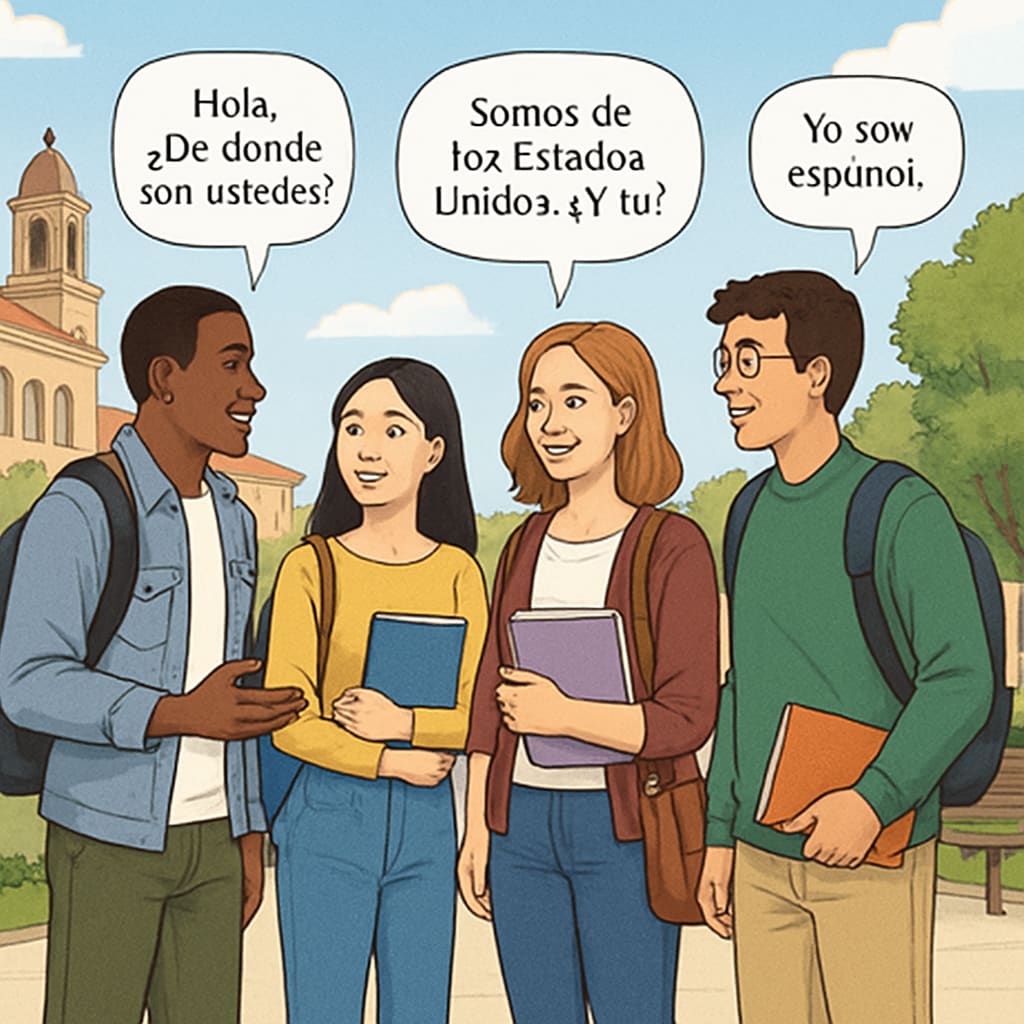Studying in Spain offers a unique opportunity for students to broaden their horizons, immerse themselves in a rich culture, and pursue academic excellence. However, achieving success in a foreign country like Spain requires more than academic preparation; it demands proficiency in language, adaptability to cultural nuances, and a global mindset. By focusing on these areas during the K12 years, students can build a strong foundation for their future academic journey in Spain and beyond.
Language Proficiency: The Key to Academic and Social Success
Mastering the Spanish language is arguably the most crucial step for students planning to study in Spain. Beyond academic requirements, fluency in Spanish enables deeper social integration and a more fulfilling cultural experience. Parents and educators can support language acquisition by introducing Spanish courses early in the K12 curriculum. Additionally, activities such as participating in language exchange programs, watching Spanish films, and using language-learning apps can enhance fluency.
- Start learning Spanish as early as possible, preferably during elementary school.
- Engage with native speakers through exchange programs or online platforms.
- Incorporate Spanish media into daily routines, such as movies, podcasts, and books.

Cultural Adaptability: Thriving in a New Environment
Understanding and respecting cultural differences is essential for a smooth transition to life in Spain. Spanish culture is vibrant and deeply rooted in traditions, from food and festivals to interpersonal communication styles. Students who develop cultural adaptability during their K12 years will find it easier to connect with locals and embrace the nuances of Spanish life. Parents can encourage cultural exposure through travel, interactions with Spanish communities, or participation in cultural workshops.
- Learn about Spanish traditions such as flamenco, siestas, and regional cuisines.
- Travel to Spain or attend cultural events hosted by Spanish communities locally.
- Study the history and values of Spain to better understand its people.

Global Awareness: Building a Robust International Perspective
Studying abroad isn’t just about acquiring knowledge—it’s about embracing a global perspective. Developing international awareness during K12 years equips students with the tools to thrive in a multicultural environment. Activities like enrolling in international schools, participating in Model UN, or studying world geography and history can broaden students’ understanding of global interconnectedness.
Furthermore, fostering soft skills like empathy, open-mindedness, and effective communication prepares students for collaborative experiences in diverse settings.
- Participate in global education programs such as Model UN or exchange programs.
- Encourage discussions about world issues and current events in classrooms.
- Develop soft skills essential for multicultural collaboration.
As a result of these efforts, students not only gain academic readiness but also build the confidence to navigate the complexities of international education successfully.
By focusing on language proficiency, cultural adaptability, and global awareness during the K12 years, students can lay the groundwork for an enriching experience abroad. Spain, with its world-class education system and vibrant culture, offers the perfect destination for ambitious learners. For those planning their journey to pursue a master’s degree in Spain, early preparation is key to unlocking success in both academic and social spheres.
Readability guidance: Break down concepts into digestible sections using clear headings and lists. Use relatable examples, and maintain an engaging yet professional tone. Ensure smooth transitions between sections with phrases like “in addition,” “for example,” and “as a result.”


